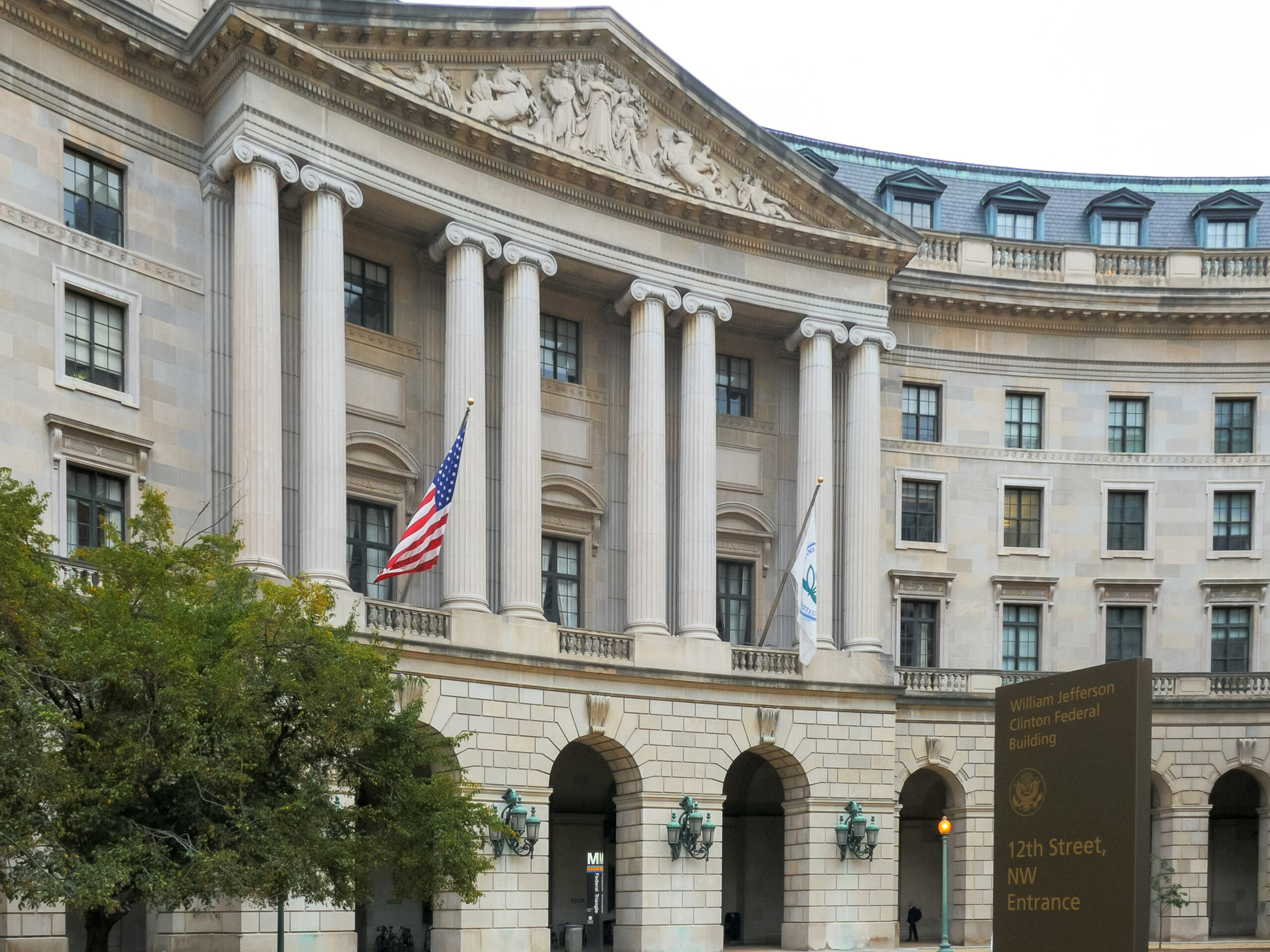Science
Congress Urged to Boost TSCA for Stronger Chemical Innovation

Congress is being urged to take immediate action to improve the implementation of the Toxic Substances Control Act (TSCA), the United States’ primary chemicals management law. The call comes from the American Chemistry Council (ACC), along with a coalition of over 100 stakeholders representing the nation’s largest manufacturing organizations. Their goal is to enhance America’s innovation and competitiveness in the chemical sector, which is vital for economic growth and job creation.
The coalition, in a letter addressed to bipartisan leaders of the Senate Environment and Public Works Committee and the House Energy and Commerce Committee, emphasizes the need for a more effective, science-driven approach to chemical regulation. “TSCA was designed to foster innovation and economic growth while protecting human health and the environment,” the letter states. The ACC and its partners stress that a robust TSCA is essential for maintaining a strong manufacturing sector capable of competing globally.
Background on TSCA Reforms
In June 2016, the Frank R. Lautenberg Chemical Safety for the 21st Century Act amended TSCA, marking the first significant overhaul of the law in 40 years. This reform aimed to ensure that the Environmental Protection Agency (EPA) bases its chemical evaluations on the best available science. The updates include a mandate for transparent, reliable scientific data and consideration of all relevant information in chemical assessments.
As the deadline for Congress to evaluate and reauthorize TSCA’s fee structure approaches—set for September 30, 2026—the urgency for reform is increasing. Leaders within the coalition have noted that “nearly a decade after the 2016 reforms, it’s time to make targeted improvements that will strengthen scientific standards, ensure timely reviews, and provide clarity for manufacturers.”
The Need for TSCA Fee Reauthorization
Under TSCA, the EPA has the authority to collect fees from chemical manufacturers, importers, and processors to support the law’s implementation. These fees are crucial for funding chemical evaluations, similar to user fees under other regulatory frameworks like FIFRA for pesticides and PDUFA for pharmaceuticals. Without congressional reauthorization, the EPA risks losing a vital funding source, which could lead to delays in the review of new chemicals entering the market.
Currently, the demand for innovative chemicals is on the rise, and ongoing delays in the TSCA New Chemicals review process are hindering progress in U.S. manufacturing. The coalition argues that this reauthorization is an opportunity for Congress to exercise its oversight power and implement necessary changes to ensure American manufacturers can thrive in the global economy.
The coalition believes that a well-implemented TSCA not only benefits manufacturers but also serves consumers and communities at large. A strong regulatory framework can enhance the manufacturing sector’s ability to innovate and compete effectively on the world stage.
The ACC, along with its partners, is advocating for practical fixes to TSCA that will help secure America’s competitive edge in the chemical industry. They recognize the importance of supporting innovation while minimizing economic barriers. Strengthening chemical safety regulations is seen as a critical step towards bolstering America’s position as a global manufacturing leader.
In conclusion, the call to action from the ACC and its coalition partners highlights a pivotal moment for U.S. chemical innovation. As Congress prepares to address the TSCA fee structure, the emphasis on a risk-based, science-driven regulatory approach could pave the way for a more resilient and competitive manufacturing sector.
For more information on the ACC’s efforts to support chemical safety and American innovation, visit their official website.
-

 Science3 weeks ago
Science3 weeks agoInventor Achieves Breakthrough with 2 Billion FPS Laser Video
-

 Health3 weeks ago
Health3 weeks agoCommunity Unites for 7th Annual Into the Light Walk for Mental Health
-

 Top Stories3 weeks ago
Top Stories3 weeks agoCharlie Sheen’s New Romance: ‘Glowing’ with Younger Partner
-

 Entertainment3 weeks ago
Entertainment3 weeks agoDua Lipa Aces GCSE Spanish, Sparks Super Bowl Buzz with Fans
-

 Business3 weeks ago
Business3 weeks agoTyler Technologies Set to Reveal Q3 Earnings on October 22
-

 Health3 weeks ago
Health3 weeks agoCurium Group, PeptiDream, and PDRadiopharma Launch Key Cancer Trial
-

 World3 weeks ago
World3 weeks agoR&B Icon D’Angelo Dies at 51, Leaving Lasting Legacy
-

 Entertainment3 weeks ago
Entertainment3 weeks agoMother Fights to Reunite with Children After Kidnapping in New Drama
-

 Health3 weeks ago
Health3 weeks agoNorth Carolina’s Biotech Boom: Billions in New Investments
-

 Entertainment3 weeks ago
Entertainment3 weeks agoRed Sox’s Bregman to Become Free Agent; Tigers Commit to Skubal
-

 Science3 weeks ago
Science3 weeks agoNorth Carolina’s Biotech Boom: Billions Invested in Manufacturing
-

 Top Stories3 weeks ago
Top Stories3 weeks agoDisney+ Launches Chilling Classic ‘Something Wicked’ Just in Time for October









